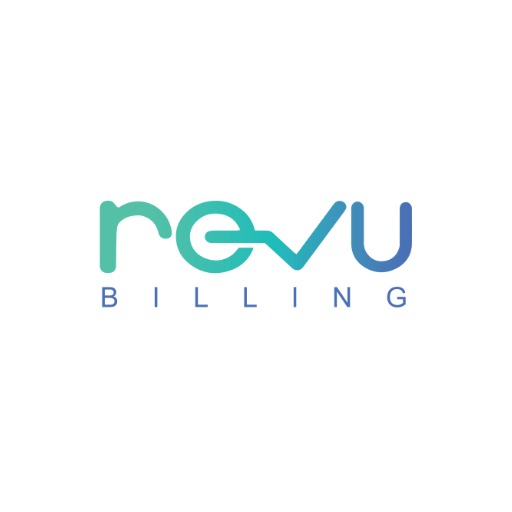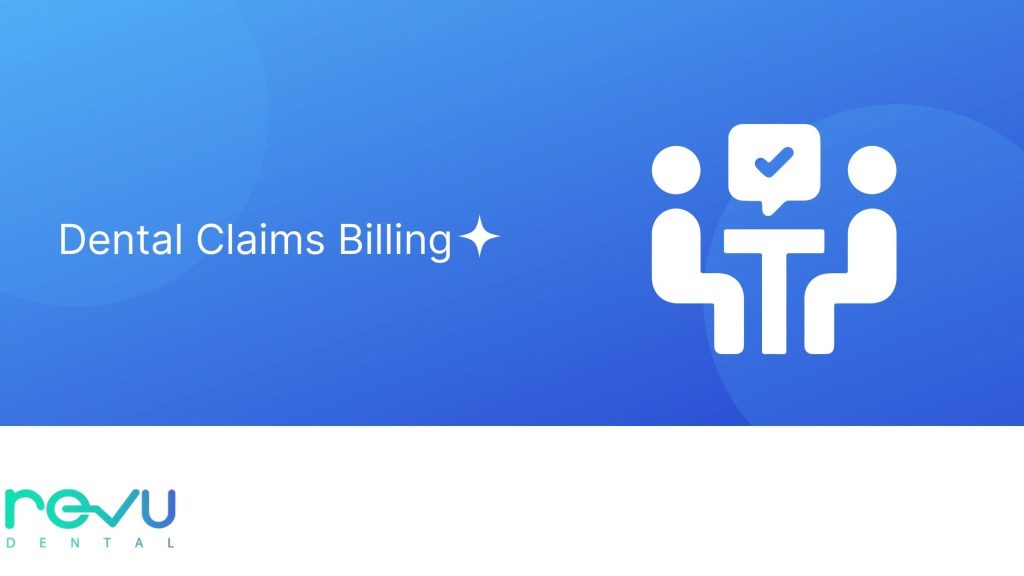Having a dental claims billing service ensures that dental clinics get compensated for their services to patients. Submitting claims to patients’ insurance is one way for dental practices to obtain compensation for the services.
Dental offices rely on money made from billing insurance companies to stay open and expand. If claims are billed quickly and accurately, the practice can bring in more money and avoid financial trouble.
Claims processing must fulfill government, insurance, and healthcare law guidelines. Therefore, incorrect claims billing can result in fines and legal trouble for dental businesses.
To ensure patient satisfaction claims billing must be accurate and processed quickly. Patients value transparency in the processing of their insurance claims, and prompt payment of claims can go a long way toward gaining their trust and loyalty.
Increased practice efficiency and lower administrative costs are the results of optimizing the claims billing process. By standardizing procedures and cutting down on mistakes, dental offices may free up time and money that can be used toward the care of their patients.
It would not be wrong to say that dental practices’ financial health depends on dental claims billing. It boosts productivity and income while guaranteeing reimbursement, compliance, and patient happiness.
Verifying the patient’s dental insurance is a prerequisite to doing any dental procedures. This includes checking the patient’s insurance eligibility, fees and medical history limitations. Correct insurance information reduces claims rejection and delay.
Electronic claim submission is more time and cost-effective than paper claim submission. The time it takes to process claims can be cut in half, and errors that can arise with manual data input can be avoided if only the claims are processed electronically. It’s crucial to keep up with your insurance company’s latest policies and processes, many of which now require computerized claim submission.
The billing process for dental claims can be made easier with the help of practice management software. You can find tools for automated coding, claim to track, and electronic claim submission in a wide range of software packages. These additions can save time and reduce mistakes, benefiting income and expenses.
Claim follow-up is an integral aspect of dental claim billing. Incomplete information or coding mistakes are two common causes of claim denials. It is critical to swiftly investigate these allegations and resolve any problems that may arise. This is useful for avoiding income loss and ensuring prompt reimbursements.
By monitoring KPIs, dental offices can see where their claims billing could use some work. Key performance indicators (KPIs) such as claim rejection rates, denial rates, and accounts receivable days can shed light on how well the billing system is functioning. Regular monitoring of these metrics can better pinpoint trends and improvement opportunities.
Staff that are well-trained in insurance claim billing make fewer mistakes and adhere to regulations. All of these things—checking insurance coverage, making sure codes are correct, and submitting claims digitally—require training for the staff. Following up on claims and problem-solving should be included in the training curriculum.
One alternative for dental offices is to have a third-party billing organization handle patient claims. From insurance verification to electronic claim submission and follow-up, these services can take care of it all. In addition to saving time and money, outsourcing can cut down on mistakes and boost productivity and profits.
Each dental office can greatly benefit from enhancing its dental claims billing procedures. The claims billing process can be; streamlined,
errors reduced and,
revenue increased.
To achieve this goal, it is recommended to use techniques such as
double-checking patient insurance information,
using accurate coding, submitting claims electronically,
using practice management software,
following up on claims,
monitoring key performance indicators,
training staff on claims billing procedures, and
outsourcing claims to bill.
By adhering to these standards, dental offices may rest assured that they will be paid on time and can devote their attention solely to caring for their patients.




